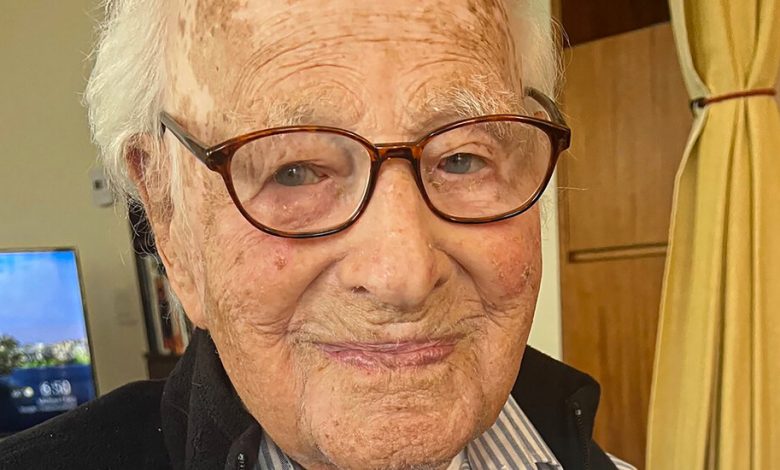Your Brain Holds Secrets. Scientists Want to Find Them.

About a month ago, Judith Hansen popped awake in the predawn hours, thinking about her father’s brain.
Her father, Morrie Markoff, was an unusual man. At 110, he was thought to be the oldest in the United States. His brain was unusual, too, even after he recovered from a stroke at 99.
Although he left school after the eighth grade to work, Mr. Markoff became a successful businessman. Later in life, his curiosity and creativity led him to the arts, including photography and sculpture fashioned from scrap metal.
He was a healthy centenarian when he exhibited his work at a gallery in Los Angeles, where he lived. At 103, he published a memoir called “Keep Breathing.” He blogged regularly, pored over The Los Angeles Times daily, discussed articles in Scientific American and followed the national news on CNN and “60 Minutes.”
Now he was nearing death, enrolled in home hospice care. “In the middle of the night, I thought, ‘Dad’s brain is so great,’” said Ms. Hansen, 82, a retired librarian in Seattle. “I went online and looked up ‘brain donation.’”
Her search led to a National Institutes of Health web page explaining that its NeuroBioBank, established in 2013, collected post-mortem human brain tissue to advance neurological research.
